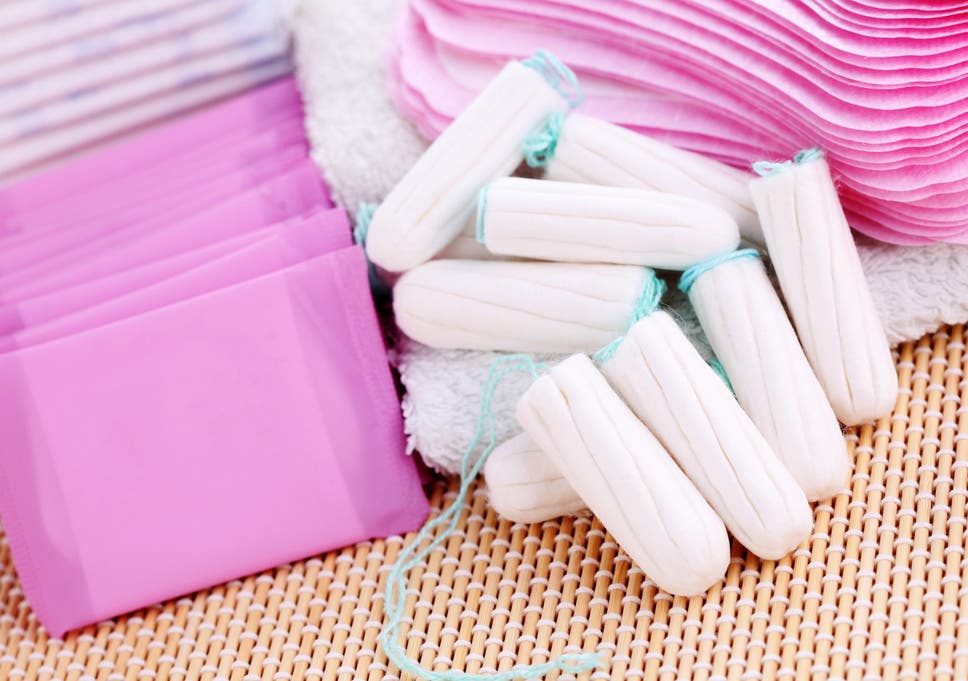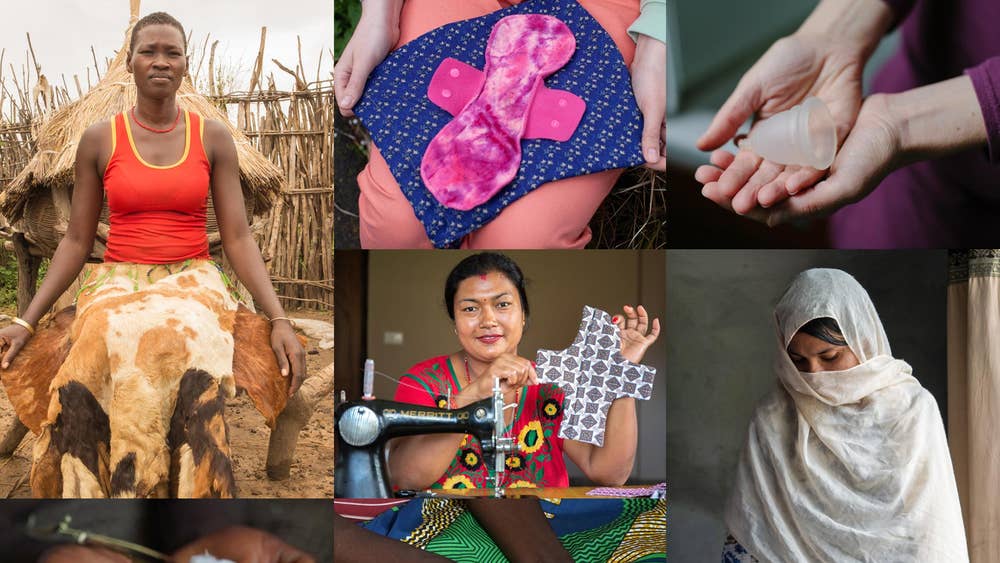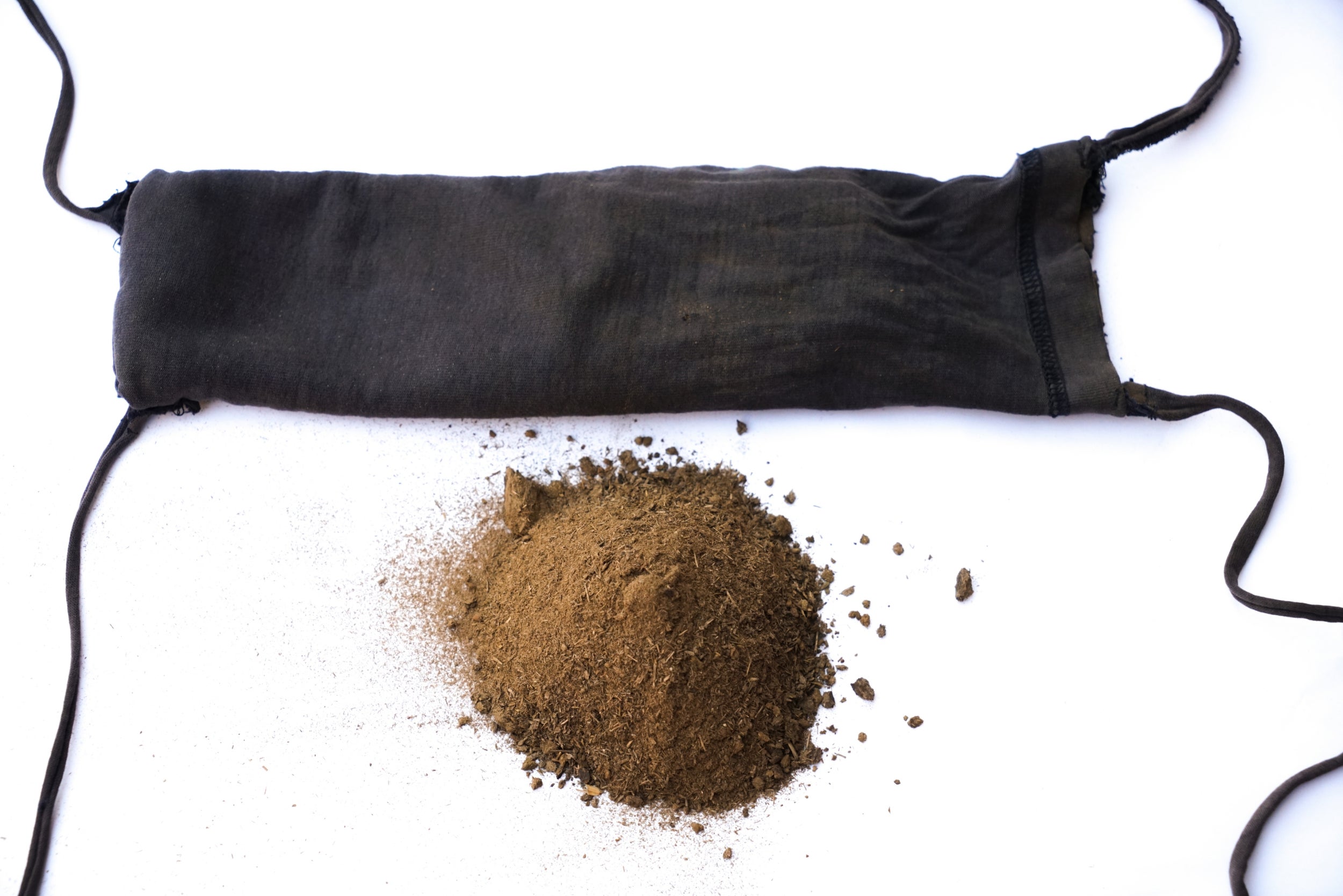https://www.independent.co.uk/life-...k-procter-gamble-penny-mordaunt-a8930721.html
The UK government has added two new organisations to its period poverty taskforce to help put an end to the issue.
In March 2019, the government pledged to invest £2m in international aid to fund projects around the world providing sanitary products and education in a bit to tackle injustices like a lack of affordable products and taboos around menstruation.
Now, the government’s period poverty taskforce has revealed that it has appointed two new organisations, Plan International UK – a global children's rights organisation – and Procter & Gamble – the company which owns Tampax and Always – to its line-up with the hopes of putting an end to period poverty by 2030.
Penny Mordaunt, the minister for women and equalities, made the announcement on May 26, ahead of Menstrual Hygiene Day (May 28).
“For too long women and girls in the UK have faced unnecessary adversity around their periods, that is why we have formed this new taskforce,” she said in a statement.
“Our two new co-chairs, Plan International UK and Procter & Gamble, have already produced impressive work around the country to improve access to period products and change old-fashioned attitudes to menstruation and break down taboos.
“Now, working together on the period poverty taskforce, we can take action to create a strong and viable solution to period poverty in the UK.”
Read more
The newly formed taskforce will tackle period poverty by analysing how the issue affects different groups in society, as well as considering the role of education, access, costs, communications and role models in shifting social attitudes.
“This is a golden opportunity to tackle the root causes of period poverty here in the UK, namely the high-cost of period products, lack of education and the stigma and shame that surrounds periods,” Tanya Barron, chief executive at Plan International UK, said in a statement.
The initiative comes after a 2017 survey by Plan International found that as many as one in 10 girls and women aged 14 to 21 were unable to afford sanitary products, with 12 per cent having to improvise with makeshift menstrual protection such as toilet roll, socks and even newspapers.
In 2019, a similar survey conducted by Bloody Big Brunch – a campaign group which organises brunches where guests pay with sanitary products rather money – found that more than a quarter of women had been forced to miss work or school because they could not afford period products.
Last month, the Department for Education announced that primary school pupils in England are to be offered free sanitary products from early next year.
The move comes after campaigners hit out at the government's announcement tampons and sanitary towels would be made available in secondary schools, saying it did not not go far enough.
Sanitary products in the UK are classed as a “luxury, non-essential item” and taxed at 5 per cent – with the average lifetime cost of sanitary products estimated at £4,800.
***
PAP you willing to supply pads to your former colonia master?
Support free-thinking journalism and subscribe to Independent Minds
The Welsh government has also announced that free sanitary products will be given to primary and secondary pupils across Wales under a new £2.3m scheme.
The new Welsh government grant will provide more than 141,000 female students with a range of sanitary products free of charge.
The UK government has added two new organisations to its period poverty taskforce to help put an end to the issue.
In March 2019, the government pledged to invest £2m in international aid to fund projects around the world providing sanitary products and education in a bit to tackle injustices like a lack of affordable products and taboos around menstruation.
Now, the government’s period poverty taskforce has revealed that it has appointed two new organisations, Plan International UK – a global children's rights organisation – and Procter & Gamble – the company which owns Tampax and Always – to its line-up with the hopes of putting an end to period poverty by 2030.
Penny Mordaunt, the minister for women and equalities, made the announcement on May 26, ahead of Menstrual Hygiene Day (May 28).
“For too long women and girls in the UK have faced unnecessary adversity around their periods, that is why we have formed this new taskforce,” she said in a statement.
“Our two new co-chairs, Plan International UK and Procter & Gamble, have already produced impressive work around the country to improve access to period products and change old-fashioned attitudes to menstruation and break down taboos.
“Now, working together on the period poverty taskforce, we can take action to create a strong and viable solution to period poverty in the UK.”
Read more
The newly formed taskforce will tackle period poverty by analysing how the issue affects different groups in society, as well as considering the role of education, access, costs, communications and role models in shifting social attitudes.
“This is a golden opportunity to tackle the root causes of period poverty here in the UK, namely the high-cost of period products, lack of education and the stigma and shame that surrounds periods,” Tanya Barron, chief executive at Plan International UK, said in a statement.
The initiative comes after a 2017 survey by Plan International found that as many as one in 10 girls and women aged 14 to 21 were unable to afford sanitary products, with 12 per cent having to improvise with makeshift menstrual protection such as toilet roll, socks and even newspapers.
In 2019, a similar survey conducted by Bloody Big Brunch – a campaign group which organises brunches where guests pay with sanitary products rather money – found that more than a quarter of women had been forced to miss work or school because they could not afford period products.
Last month, the Department for Education announced that primary school pupils in England are to be offered free sanitary products from early next year.
The move comes after campaigners hit out at the government's announcement tampons and sanitary towels would be made available in secondary schools, saying it did not not go far enough.
Sanitary products in the UK are classed as a “luxury, non-essential item” and taxed at 5 per cent – with the average lifetime cost of sanitary products estimated at £4,800.
***
PAP you willing to supply pads to your former colonia master?
Support free-thinking journalism and subscribe to Independent Minds
The Welsh government has also announced that free sanitary products will be given to primary and secondary pupils across Wales under a new £2.3m scheme.
The new Welsh government grant will provide more than 141,000 female students with a range of sanitary products free of charge.











